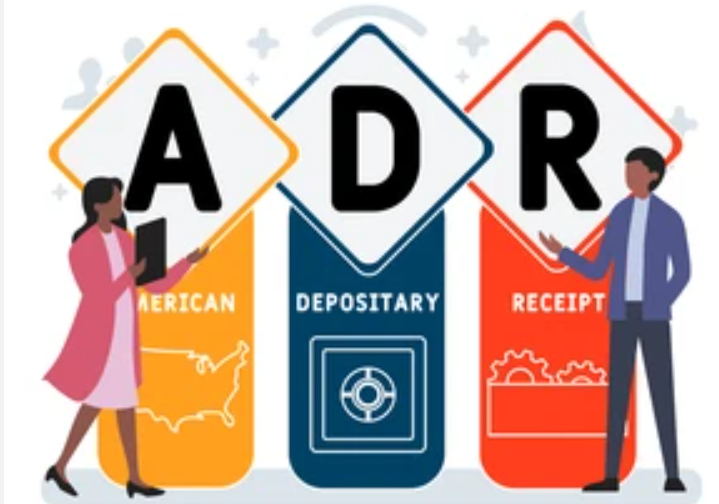American Depositary Receipts
American Depositary Receipts (ADRs) are financial instruments used to trade shares of non-U.S. companies on U.S. stock exchanges. ADRs represent a specified number of shares in a foreign company and are issued by a U.S. depository bank, which holds the foreign shares. ADRs make it easier for American investors to invest in overseas companies without having to directly trade on foreign exchanges.
Types of ADRs
There are two primary types of ADRs:
- Sponsored ADRs: Sponsored ADRs are created with the permission and cooperation of the foreign company. The company signs a deposit agreement with the U.S. depository bank outlining the terms. Sponsored ADRs have more regulatory requirements, such as adhering to U.S. GAAP accounting standards and filing financial statements with the SEC. Examples are Toyota (TM) and Sony (SNE).
- Unsponsored ADRs: Unsponsored ADRs are issued by U.S. banks without the involvement of the foreign company. The company does not sign a deposit agreement or meet any SEC requirements. Unsponsored ADRs have more risks but can give access to foreign stocks not otherwise available. Examples are Nestle (NSRGY) and Roche (RHHBY).
Benefits of Investing in ADRs
ADRs offer several advantages to U.S. investors:
- Access to foreign stocks without opening international trading accounts
- Ability to trade foreign stocks during U.S. market hours
- Lower transaction costs compared to direct foreign trades
- Familiarity of trading on major U.S. exchanges
- No currency exchange required as ADRs are in U.S. dollars
- Diversification benefits of incorporating international assets
Risks of Investing in ADRs
While ADRs have benefits, they also come with risks such as:
- Currency exchange rate risk between the U.S. dollar and foreign currency
- Exposure to foreign political and economic instability
- Limited shareholder rights compared to direct shareholders
- Lack of regulation and transparency (more so with unsponsored ADRs)
- Counterparty risk if the depository bank defaults on obligations
Thus, ADRs give U.S. investors easier access to foreign stocks but also expose them to risks associated with international investing.


